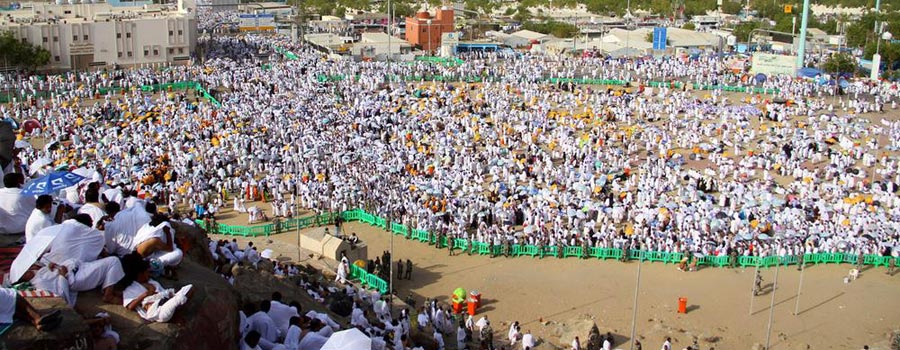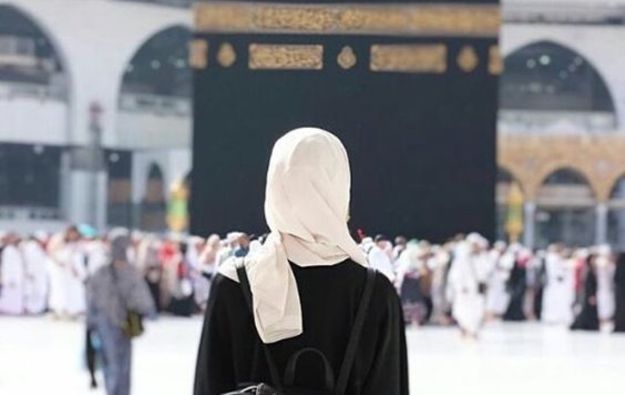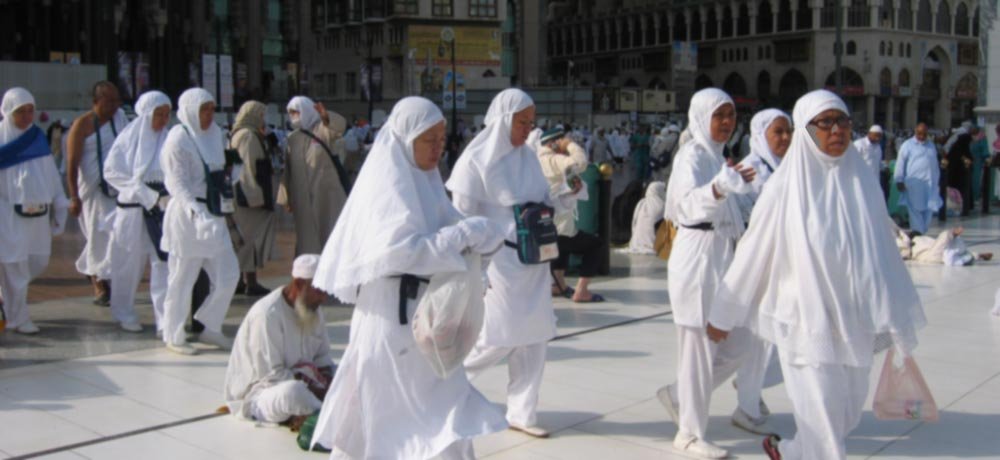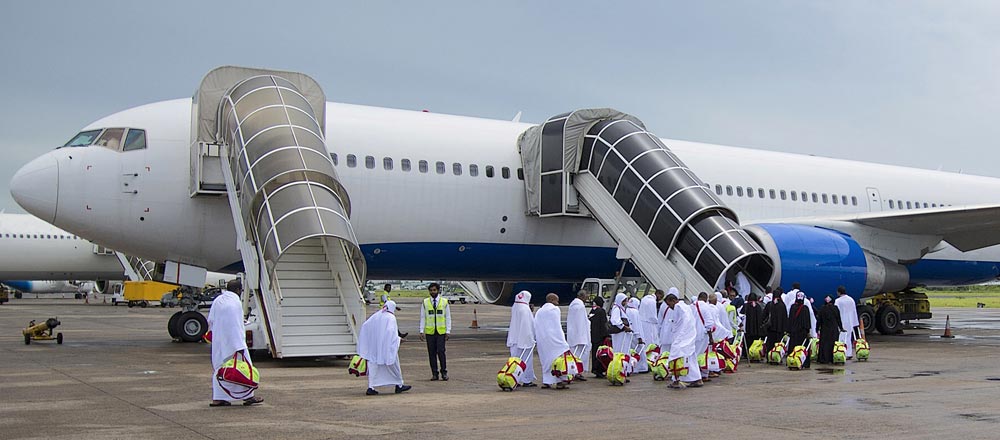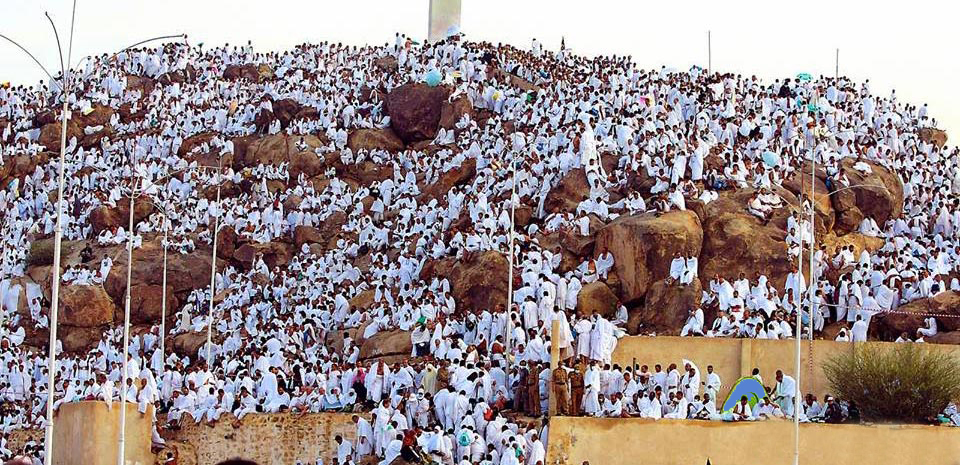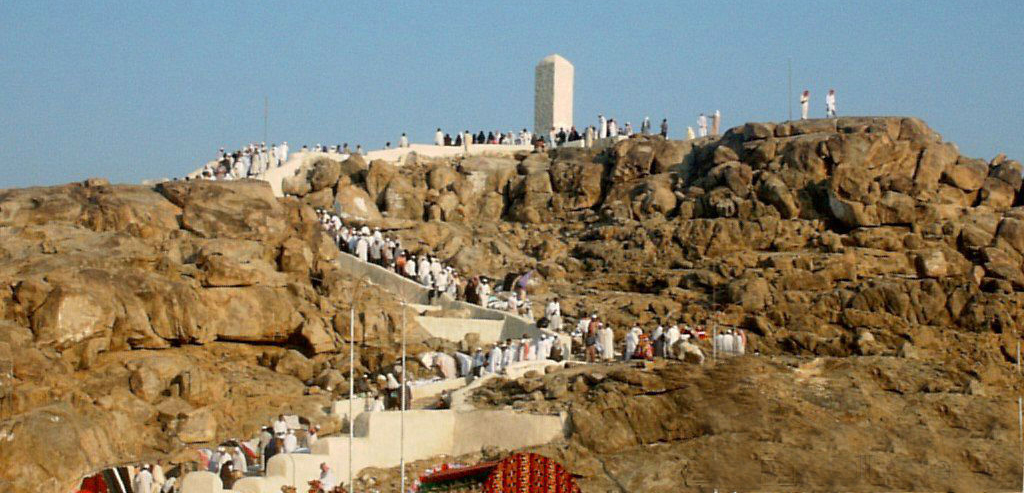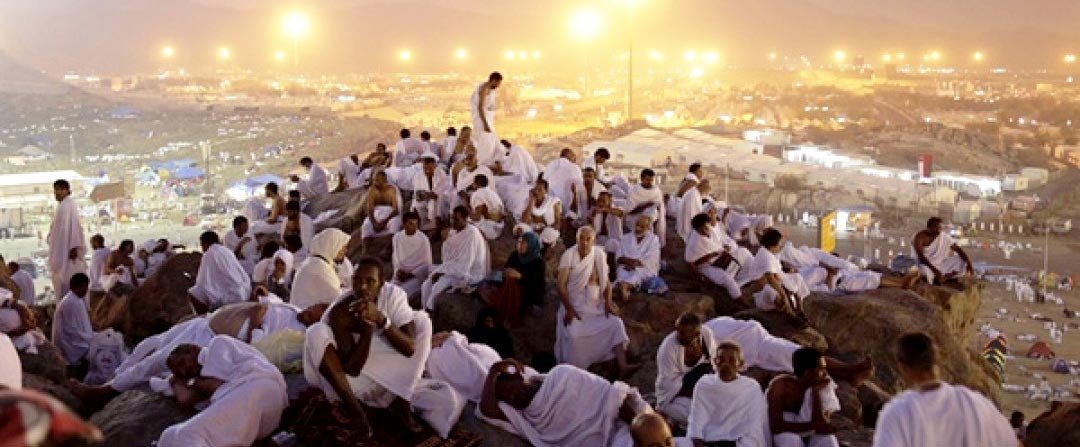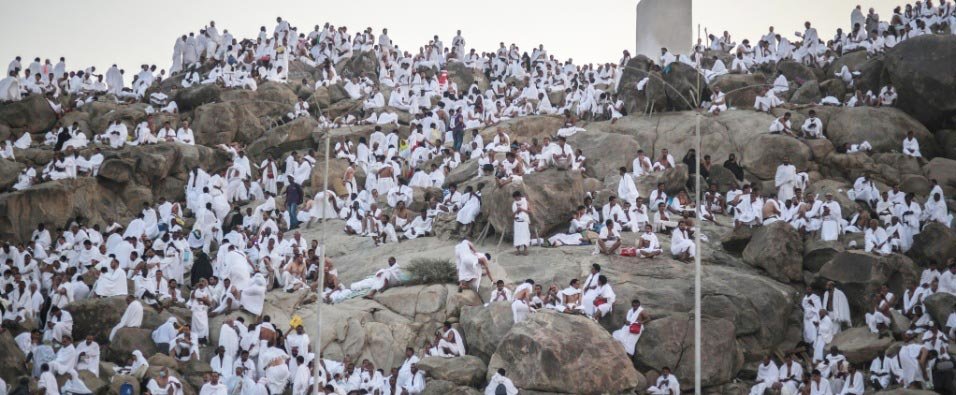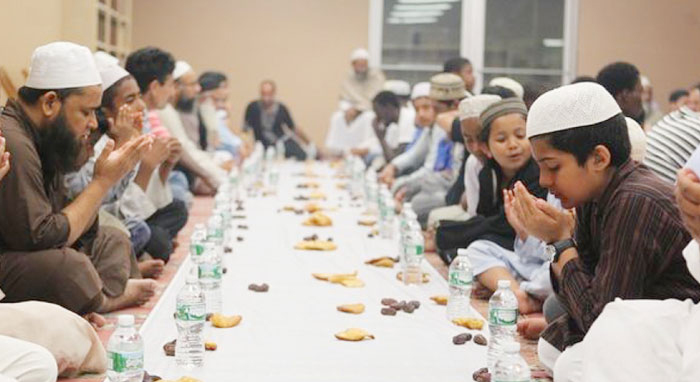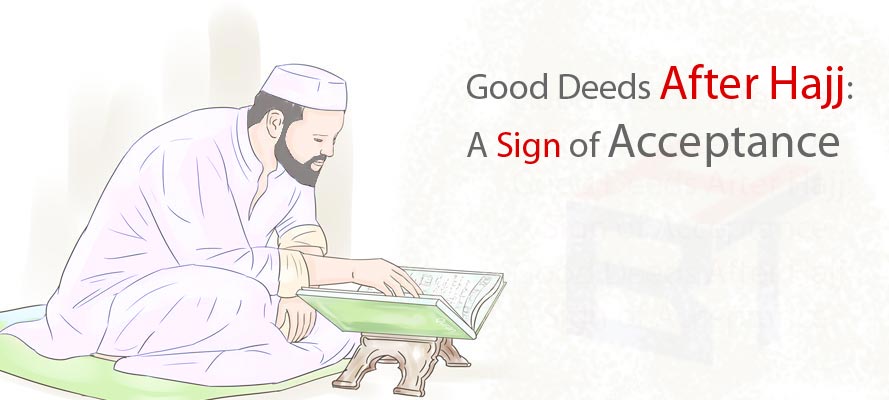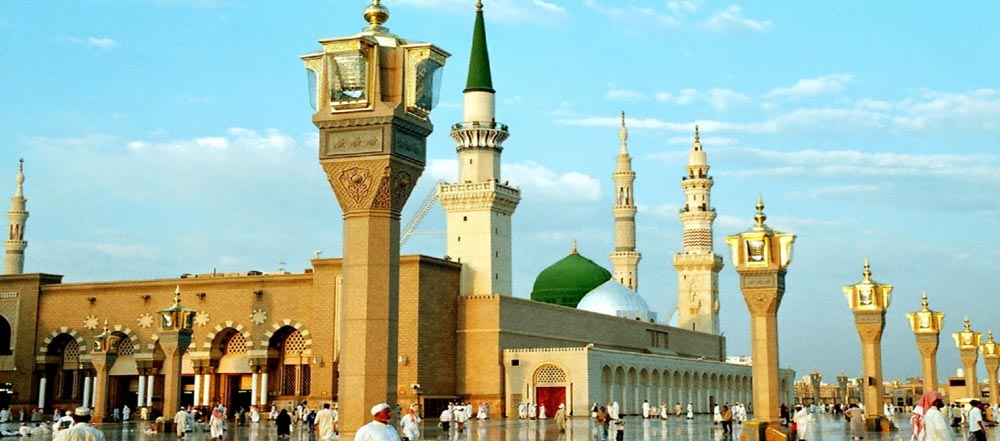The things which the Muslim should do so that his Hajj will be accepted are:
He should have the intention of performing Hajj for the sake of Allah. This is the sincerity of intention (ikhlaas). In his Hajj he should follow the way the Messenger of Allah (peace and blessings of Allaah be upon him) performed Hajj. This is the following (the Sunnah). No righteous deed will be accepted unless it fulfills these two basic conditions: sincerity of intention and following the Sunnah of the Prophet (peace and blessings of Allah be upon him) because Allah says (interpretation of the meaning):
“And they were commanded not, but that they should worship Allaah, and worship none but Him Alone (abstaining from ascribing partners to Him), and perform As‑Salaah (Iqaamat‑as‑Salaah) and give Zakaah, and that is the right religion”(al-Bayyinah 98:5)
And the Prophet (peace and blessings of Allah be upon him) said: “Actions are but by intentions, and each man will have but that which he intended.” And he (peace and blessings of Allah be upon him) said: “Whoever does an action that is not in accordance with this matter of ours (Islam) will have it rejected.”
This is the most important thing that the pilgrim should seek: sincerity of intention, and following the Sunnah of the Prophet (peace and blessings of Allah be upon him). The Prophet (peace and blessings of Allah be upon him) used to say during his Hajj: “Learn from me your rituals.”
Another condition is that Hajj must be done with halaal funds, for Hajj done with haraam funds is haraam and is not permitted. Some of the scholars even said that Hajj is not valid in this case, and one of them said:
“If you do Hajj with money whose source is haraam, you have not done Hajj but your camel has.”
Another condition is that he should avoid what Allah has forbidden because He says (interpretation of the meaning):
“The Hajj (pilgrimage) is (in) the well-known (lunar year) months (i.e. the 10th month, the 11th month and the first ten days of the 12th month of the Islamic calendar, i.e. two months and ten days). So whosoever intends to perform Hajj therein (by assuming Ihraam), then he should not have sexual relations (with his wife), nor commit sin, nor dispute unjustly during the Hajj” (al-Baqarah 2:197)
He should avoid whatever Allah has forbidden in general, whether in Hajj or at other times, such as immorality and sin, haraam speech, haraam deeds, listening to music and so on. He should also avoid that which Allaah has forbidden particularly in Hajj, such as al-rafath (intercourse with women), and shaving the head. He should also avoid wearing that which the Prophet (peace and blessings of Allah be upon him) forbade us to wear in ihraam. In general, he should avoid everything that is forbidden when in ihraam.
The pilgrim should also be kind, generous and easy-going with his wealth and in his actions. He should treat his brothers well as much as possible. He must avoid annoying or disturbing the Muslims, in the holy places and marketplaces, or in the crowded conditions of the mataaf (the area around the Ka’bah where tawaaf is performed) and the mas’aa (the place where saa’i is performed) and around the jamaraat, and in others.
These are all things that are obligatory for the pilgrim, or that he must do. The best way to achieve that is to travel with a knowledgeable person who can remind him about his religion. If that is not possible, then he should read the books of the scholars before going for Hajj, so that he can worship Allaah with knowledge. End quote.
Shaykh Ibn ‘Uthaymeen (may Allah have mercy on him).
We have gladly offered Executive Hajj Packages season for our significant clients and organization customers. Go along with us and locate the new route with our best Hajj administrations.
Umrah Packages | Hajj Packages | Ramadan Umrah Packages | December Umrah Packages
Source: go-makkah.com
